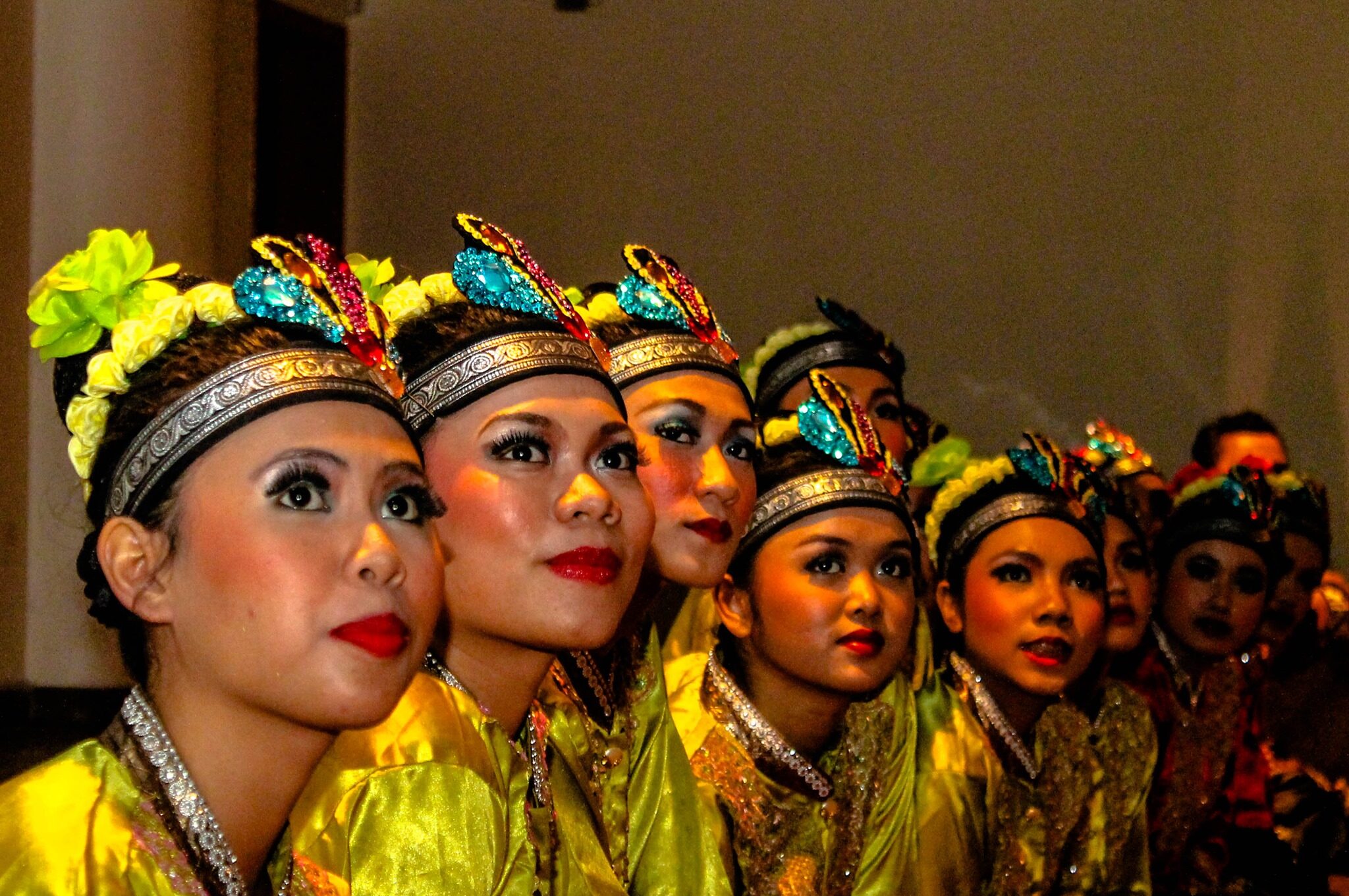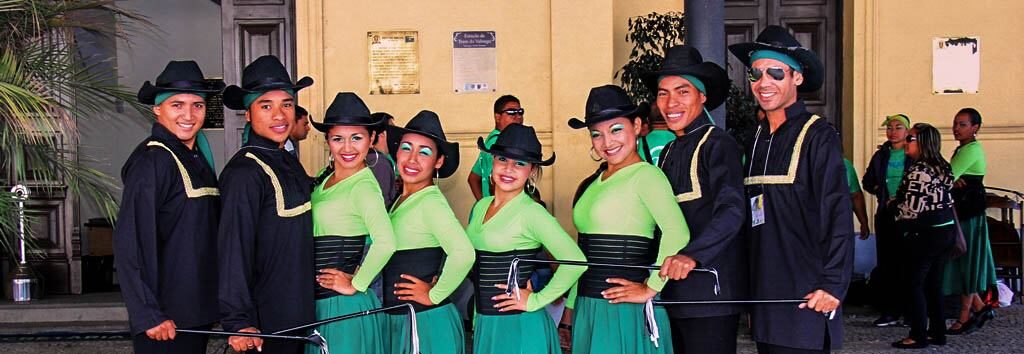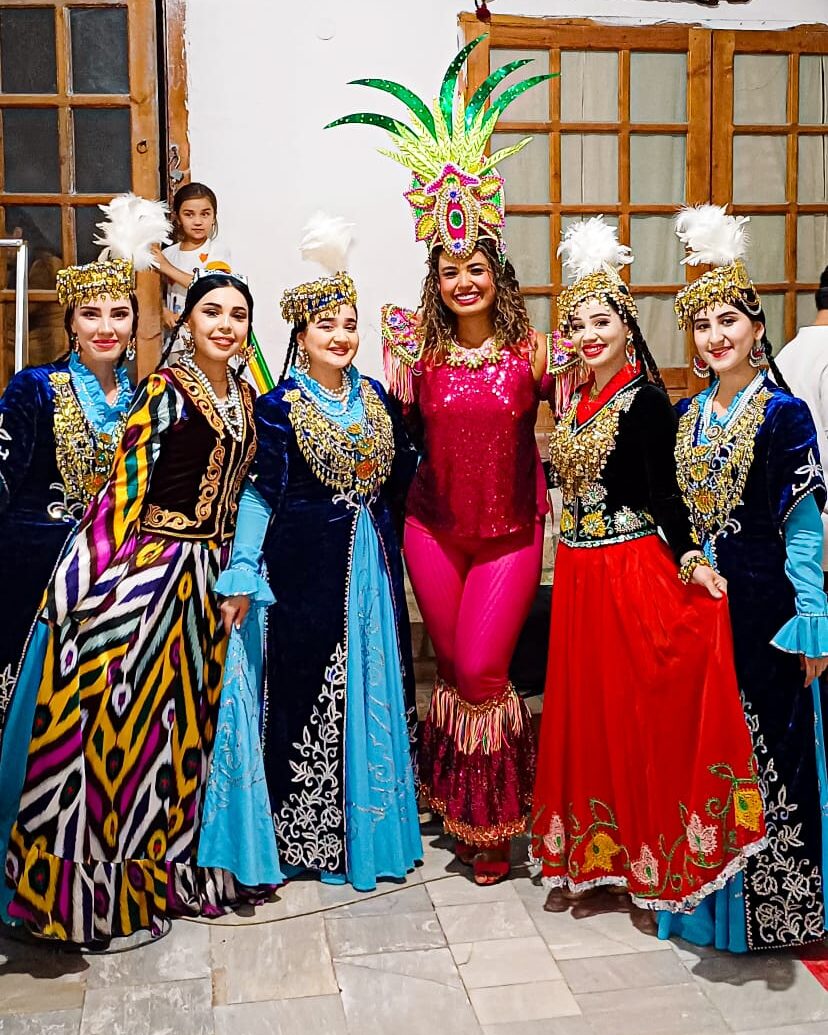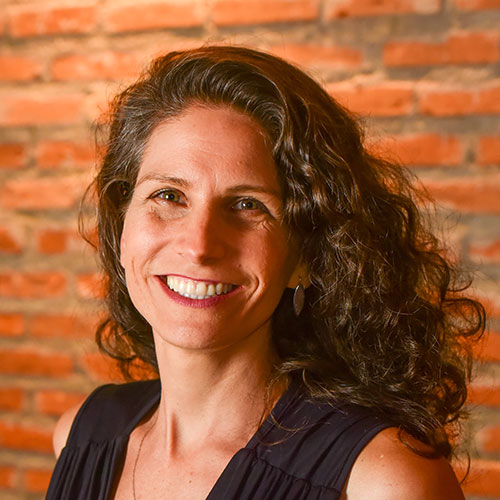Festival Internacional do Folclore Brasileiro celebrates tradition for almost 40 years
The NGO Abrasoffa organizes the festival, and it was flight attendant Helena Lourenço who led the initiative, bringing Brazil to UNESCO's registry for the first time


Helena Lourenço, a Brazilian flight attendant for the now-defunct airline Varig, was invited to join a folk dance group with her aviation colleagues. Little did she know, this would be a turning point in her life. Representing Brazil, the group performed at the International Folklore Festival in Santarém, Portugal, alongside groups from Bulgaria, Senegal, Russia, Hungary, Ukraine, Greece, and others.
Helena did not speak English — she still doesn’t — but she says she understood the participants so well that she wanted to bring the festival to Brazil. “It was during a period when UNESCO started a project on the culture of peace, and the festival brought together groups from various nationalities. There, people from different cultures, customs, and traditions coexisted peacefully, showing that, through dance and music, people connect and speak the same language: peace”, she recalls.
Inspired by the experience, she spared no effort to organize a festival in Brazil. To achieve this, she spent five years involved in organizing the festival in Portugal, considered the event’s godfather. “I worked in every department to learn how to do it. During this time, I met many folk groups and made contacts worldwide”, she says.
The first Festival Internacional do Folclore Brasileiro (International Brazilian Folklore Festival) began with six foreign groups, which performed in Campos do Jordão, Santos, and Cubatão (SP) in 1987. A few years later, the festival would become one of the ten largest in the world. “In 1994, we received an offer from the city of Praia Grande, where we found a holiday resort for the groups to stay. Since it had excellent facilities, we started hosting 22 groups, each with 30 members in each”.

Festival Internacional do Folclore Brasileiro
The success of the festivals led Helena to spread the idea to other Brazilian states. She also founded the Associação Brasileira dos Organizadores de Festivais de Folclore e Artes Populares – Abrasoffa (Brazilian Association of Organizers of Folklore and Popular Arts Festivals). “When we brought the festival to Praia Grande, groups started to complain about only staying 15 days, so we began forming partnerships with other states”, she explains.
“It’s challenging to organize the festivals because we host many people and have to follow international rules, such as providing at least three meals a day, airport pickup, and ensuring facilities for their performances. We organize the festivals in partnership with the public sector, with no financial assistance, and the groups do not receive any fees — they come entirely at their own expense”, she explains.
Since then, dozens of events have been held in the country. Helena has held leadership positions in various international folklore associations. Abrasoffa is affiliated with both the Organização Internacional de Folclore e Artes Populares – IOV (International Organization of Folk Art) and the Conselho Internacional de Organizações de Festivais de Folclore e Artes Folclóricas – CIOFF (International Council of Folklore Festivals), considered competitors. Additionally, the organization has held special consultative status with the United Nations Economic and Social Council (ECOSOC) since 2017.
Abrasoffa
Helena currently serves as the honorary president of Abrasoffa and continues to support national and international folk groups. “We have a reach of over 187 countries. We take many Brazilian folk groups to festivals abroad and bring foreign groups to Brazil”, she says.
Since the groups do not receive fees or financial support, they need to prepare well in advance to participate in the festivals. Abrasoffa’s support is crucial. Besides recommending groups for the festivals, it also guides them on how to organize their travel.
“We have a group from Canarana, Mato Grosso, going to the United Arab Emirates, for example. They received the invitation two years ago. Since then, they have been organizing barbecues to raise funds, selling raffle tickets, etc. Each group member opened a savings account to save R$ 20 per month. We hold videoconferences with them to discuss arrangements, such as passports and uniforms for the trip”, says Helena.
When the group finally travels, they are accompanied by an Abrasoffa member throughout the festival. “We arrange all their logistics abroad, providing food, accommodation, and transportation from the airport, just as we do here”, Helena adds.


Tradition
Helena is from Rio Grande do Sul and recalls performing in Centers of Gaúcho Tradition (CTG) as a child. “This is very strong in the South. The groups promote folklore, tradition, and preserving culture”. For her, this experience was essential in bringing the International Brazilian Folklore Festival to life.
“Imagine being in a folk group… you rehearse, prepare your costume, and invite your family to watch you dance. Then you have no place to perform beyond that small circle. And suddenly, you get an invitation to perform in Europe, the Middle East, Asia, to showcase your country, city, and tradition. It’s exciting! It preserves culture and is motivating”, she emphasizes.
For reference, the Conselho Internacional de Organizações de Festivais de Folclore e Artes Folclóricas (International Council of Folklore Festivals) alone lists around 300 festivals worldwide. Thus, there is an international network that promotes events to celebrate the culture of peace and the preservation of tradition.
Festival Internacional do Folclore Brasileiro
The next festival in Brazil is already scheduled. It will take place from August 15 to 23, 2026, in Santos, with six foreign groups and various Brazilian groups. The groups will perform with live music and dance. Colombia, Mexico, and Chile have already confirmed their presence.
From Brazil, groups performing carimbó, reisado, samba, coco, boi-bumbá, pífano, frevo, cavalhadas, traditional Gaúcho groups, and others will participate. “We’ve invited a group from Manaus, the boi-bumbá group. We also reached out to Pernambuco, inviting groups for pífano and frevo. Invitations have been sent to India, Uzbekistan, and Korea, but they haven’t confirmed yet”, Helena mentions.


Want to support this cause?
Abrasoffa is a non-governmental organization that operates through an extensive volunteer network. The organization estimates that it has hosted 650 volunteers throughout its history.
To register as a volunteer, click here. To learn more about the Festival Internacional do Folclore Brasileiro (International Folklore Festival), visit the Abrasoffa website and follow on Facebook and Instagram.



